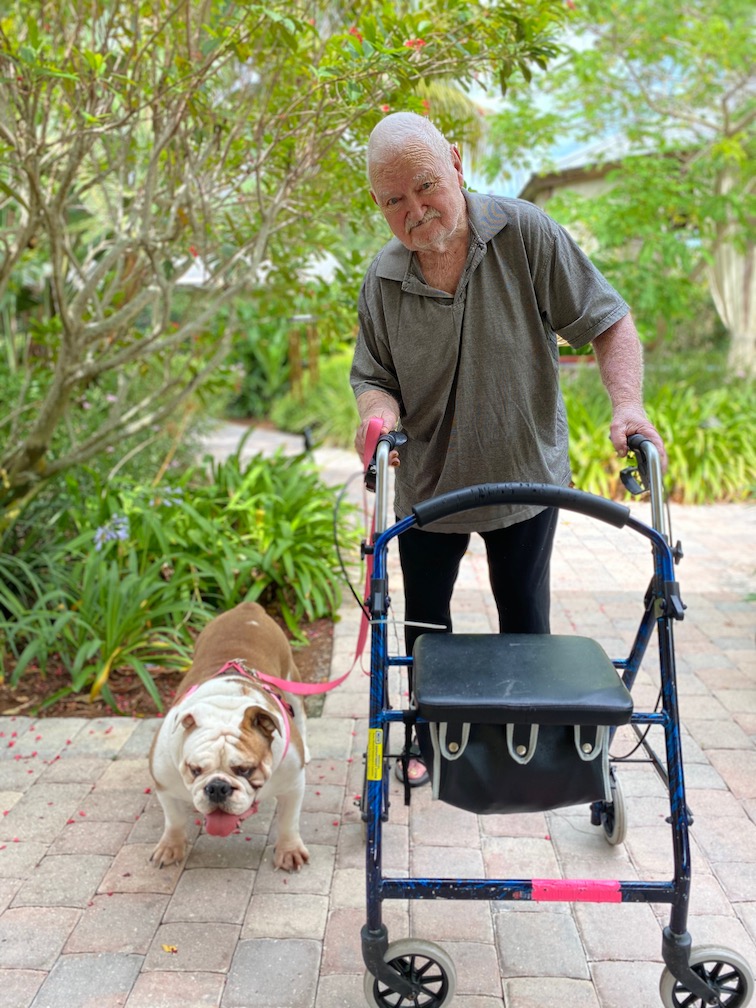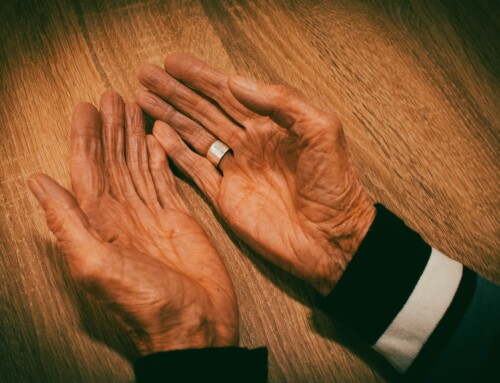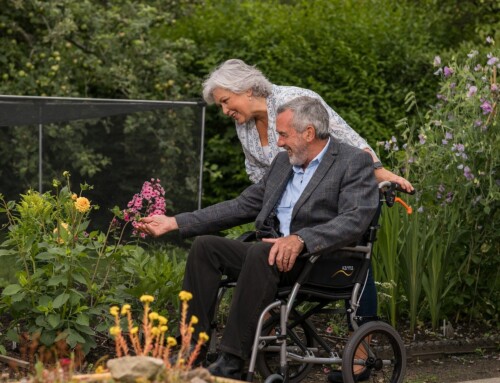Our lungs work for us our entire lives, making sure that our bodies have the oxygen they need. Healthy individuals intake about 2,000 gallons of air daily – that’s a lot of exercising for one organ! Because we breathe in air from outside our body, our lungs are one of the only internal organs that come into contact with the external environment. It is necessary to maintain a healthy respiratory system to enjoy the best quality of life. With COVID-19 in the news every night, respiratory health is more essential than ever. This article is to discuss respiratory illness and how to prevent these conditions wherever possible.

Common Respiratory Illnesses
Asthma: Asthma is evidenced by obstruction in the airways which is a result of allergens and irritants. More than 2 million senior adults in the United States are asthmatics.
Pneumonia: Pneumonia is a pulmonary disease, and an infection of the lung’s air sacs. These infections are either bacterial, viral or fungal. The flu is one of the major causes of pneumonia, so an annual flu shot will may prevent pneumonia.
Lung Cancer: According to the American Cancer Society , lung cancer is the most prevalent cancer across all demographics. Smoking is the main reason for the proliferation of lung cancer, responsible for 4 out of 5 cases. The remaining cases are typically attributed to secondhand smoke or genetic predisposition.
COPD – Chronic Obstructive Pulmonary Disease : COPD is comprised of a group of illnesses involving airflow blockage and breathing-related symptoms. The two most common forms of COPD are bronchitis and emphysema. Most people diagnosed with COPD have both conditions, however, the symptoms are more or less severe based on each case.
Indoor Environment Air Pollutants
Inferior indoor air quality contributes to a greater risk of infections, lung cancer and asthma. Smoking is the primary cause of any respiratory illness, but people who don’t smoke (or are not in proximity of second-hand smoke) may be bothered with a broad spectrum of irritants.
Asbestos: Asbestos was utilized as a construction material and in consumer manufacturing throughout much of the last century. When items containing asbestos erode, microscopic fibers are released which can be inhaled, resulting in lung irritation, inflammation, mesothelioma, asbestosis or lung cancer.
Dust Mites: Dust mites may seem benign, but they are among the most common indoor allergens. Dust mites are minute, insect-like creatures whose body fragments and excrement create allergens. Dust mites are hard to avoid because they can easily infest an area, with 80% of homes in the United States testing positive for the pest.
Mold: A moist environment can result in noticeable dampness, whether from our frequent high humidity or leaky pipes in older homes. Damp conditions in residences sets up a perfect environment for mold spores to propagate, producing asthma attacks and other respiratory issues.
How To Prevent Respiratory Illness
As we grow older, our lungs grow weaker and our rib cage contracts and becomes smaller, giving the lungs less room for expansion. These are normal signs of aging and not a sign of illness, they do necessitate older adults maintaining their respiratory health.
Keep Your Checkups: Early diagnosis and treatment can greatly benefit an individual with a respiratory condition or illness.
Drop the Cigarettes: The Center for Disease Control and Prevention (CDC) has stated that tobacco is the primary cause of preventable illness. Just a single year after stopping your tobacco use, the risk of heart and respiratory diseases drops significantly.
Keep Your House Clean: Cleaning your home regularly will decrease the presence of allergens. This action alone will all but eliminate bacteria growth. An annual professional inspection can help ensure that toxins or mold are not present – or allow you to remediate the home if they are found.
Start an Exercise Routine: Keeping active will strengthen the lungs capacity and mitigate the impact of any respiratory condition. Mucus can amass when a person sits or lies down for long periods, which increases the risk of illness. Staying active is especially beneficial after surgery or sickness; while a half-hour daily walk will increase strength, balance and coordination.
At A Banyan Residence, we are dedicated to the total health and wellbeing of our residents and their families. If you are seeking professional, compassionate assisted living or memory care facilities in the Villages, call us today.







